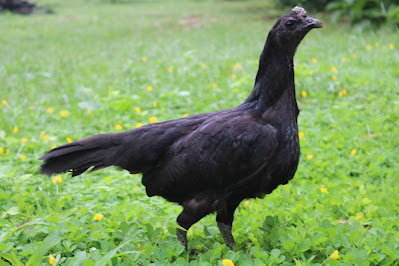The R&D project generally aspires to establish a sustainable breeding-true to-type Caraga black native chicken with at least 80% uniformity in meat and skin color.
Specifically, the project aims to:
- Establish morphological and phenotypic characteristics of Caraga black native chicken, egg production, egg quality, percent hatchability, and percent fertility.
- Establish breeding, selection, and hatchery management technologies suited to the Caraga black native chicken and to the most common farming systems in Caraga Region;
- Establish 250 head flock size in each station of breeding-true-to type foundation native chicken breeder stocks of Caraga black native chicken with at least 80% uniformity in meat and skin color, improved and predictable performance, and product quality. Transfer initial 1,000 heads of quality breeder stock
Project Title: DEVELOPMENT OF CARAGA BLACK NATIVE CHICKEN THROUGH BREEDING AND SELECTION AS POTENTIAL NICHE PRODUCT OF CARAGA REGION
Researchers: Escolastico S. Cagatin, DVM, Shernelyn S. Palma, Tomas Austral, Ph.D

.jpg)
.jpg)





.png)




